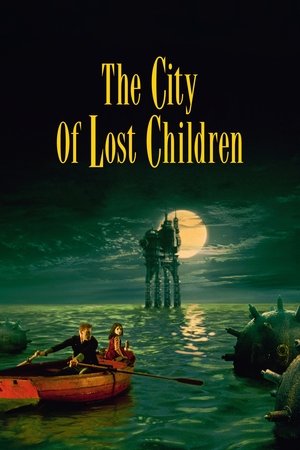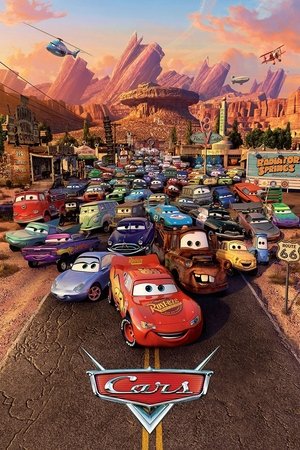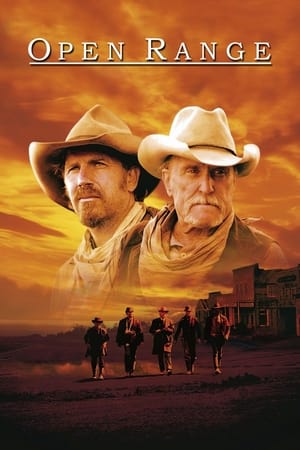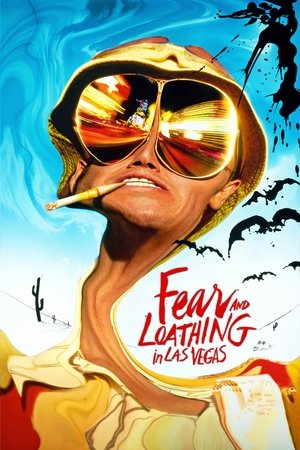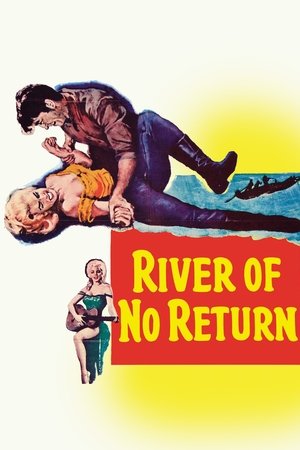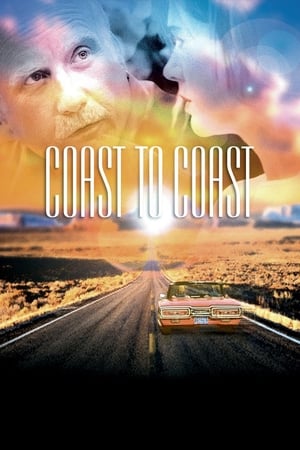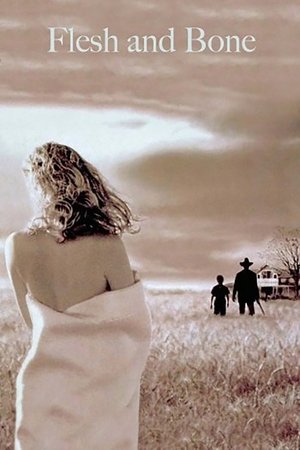Overview
An aging, booze-addled father takes a trip from Montana to Nebraska with his estranged son in order to claim what he believes to be a million-dollar sweepstakes prize.
Reviews
**Payne Relief**
The black and white photography is a nice touch. It gives a kind of Karsh look to the weathered faces of the aging, reflective, yet still yearning cast of characters, and suits the rapidly fading memories of a bygone era in recent American history. The acting was pretty good. Bruce Dern gives an effortless performance as a cranky old coot with one attention-seeking foot in the spotlight and the other half-buried in the shadows of utter dementia. The interpersonal conflicts among family and community, past and present are presented in a simple, linear uncomplicated way. The story seems to want to explore the sad truths of a regressive, bankrupt nation and the ridiculous dreams and delusions people cling to. Life is limited and unfinished. Like the heads carved out of Mount Rushmore. Like the forlorn characters wandering on and off the screen. For even after a lifetime of honest hard work aligned with various fixed Christian principles, a restless, quiet desperation lingers. Lies and illusions are necessary to prevent a lonely, inconsolable reality from setting in. And while Alexander Payne manages to keeps things relatively upbeat to prevent dragging us down into a pit of futile despair, he also fails to fully develop and realize the themes he puts forward. Every time Payne rustles up a movie (Sideways, The Descendants) he gets high praise, and this time he almost deserves it. He's a fairly astute cinematician who wants to make meaningful pictures without getting in too deep. Specifically, road movies on half a tank. Thankfully, he doesn't tread into murky Bergman territory, or puff his stuff up with Goddard-like self-importance, but he doesn't do himself much justice by avoiding or brushing off the potential worth and urgency of the matters he introduces. His concepts are cut short. While I'm watching Nebraska, I can't help but wonder how adept filmmakers like Kieslowski or Cassavettes would have treated and serviced the material. What's almost more disappointing than getting old, losing a presence of mind and attempting to reconcile broken memories, is not being able to fully grasp, much less handle and nurture, your own brainchild.

 115 min
115 min
 7.452
7.452
 2013
2013
 USA
USA
 tmdb39513728 wrote:
tmdb39513728 wrote: